Your cart is currently empty!
Tag: NaturalCultivation
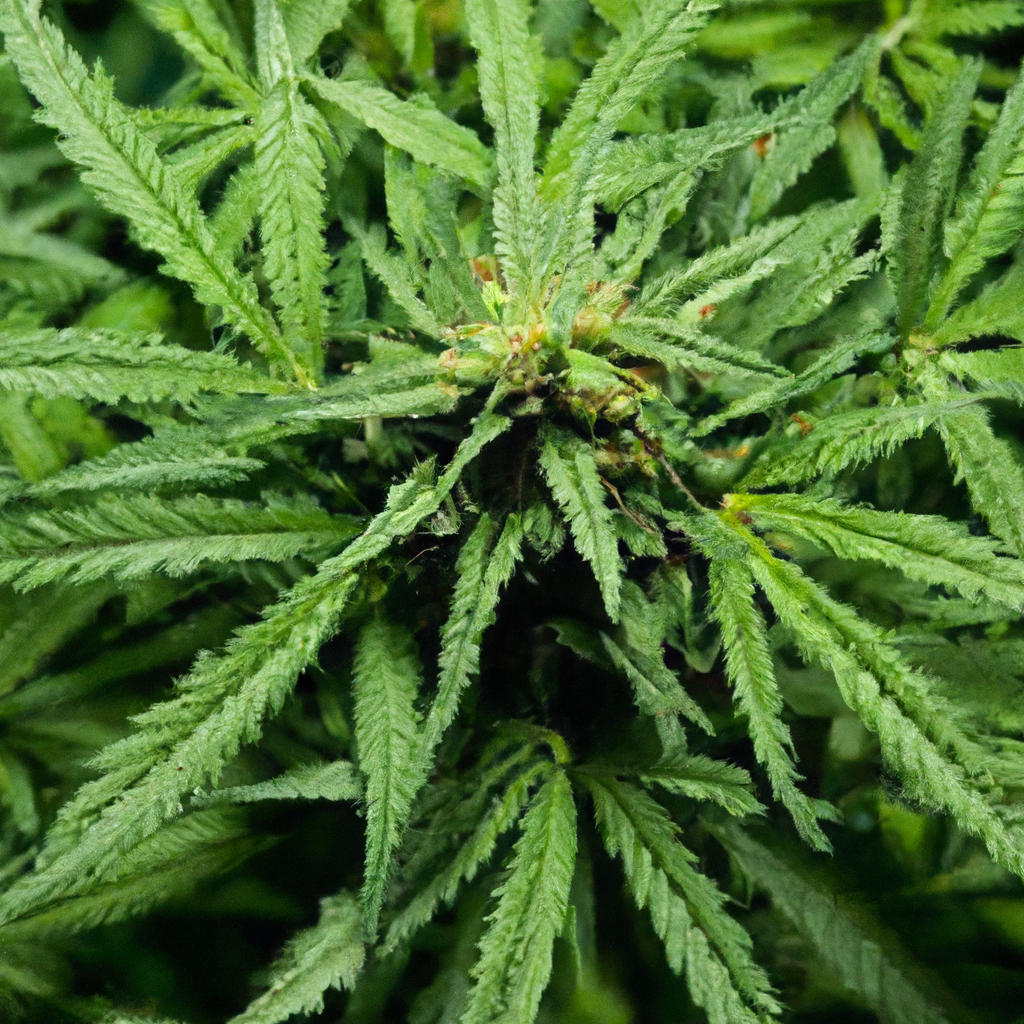
In an era where sustainable agriculture is crucial, organic cannabis cultivation offers an eco-friendly approach by employing natural fertilizers, composting, and organic pest control methods. This practice builds healthy soil ecosystems, supports biodiversity, and provides a natural resistance to pests and diseases. Organic methods include using compost to enhance soil, applying natural fertilizers like bone…
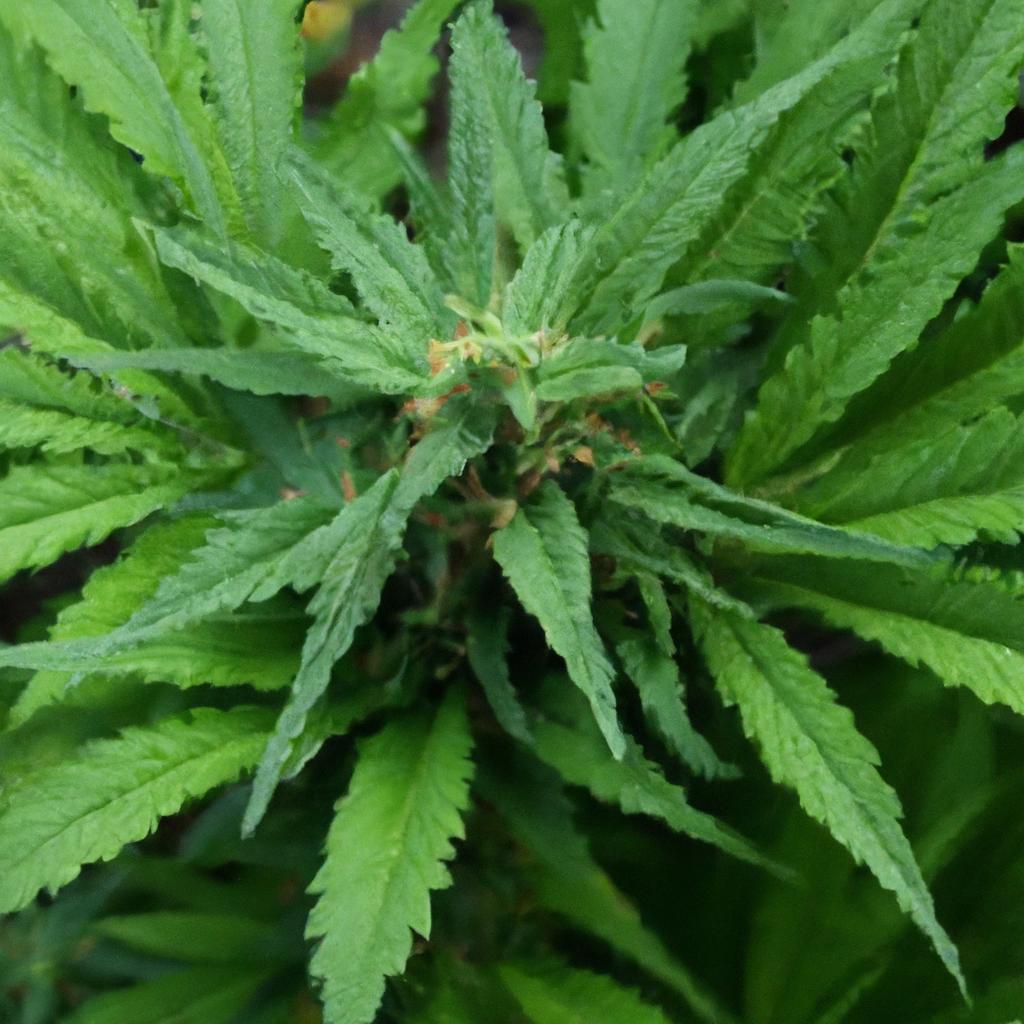
Organic cannabis cultivation is becoming more popular due to its environmental advantages and the production of a purer product. By utilizing natural methods like compost, organic fertilizers, and natural pest control, growers can cultivate healthier plants. Key practices include enriching soil with compost and manure, using natural fertilizers like fish emulsion and seaweed extract, and…
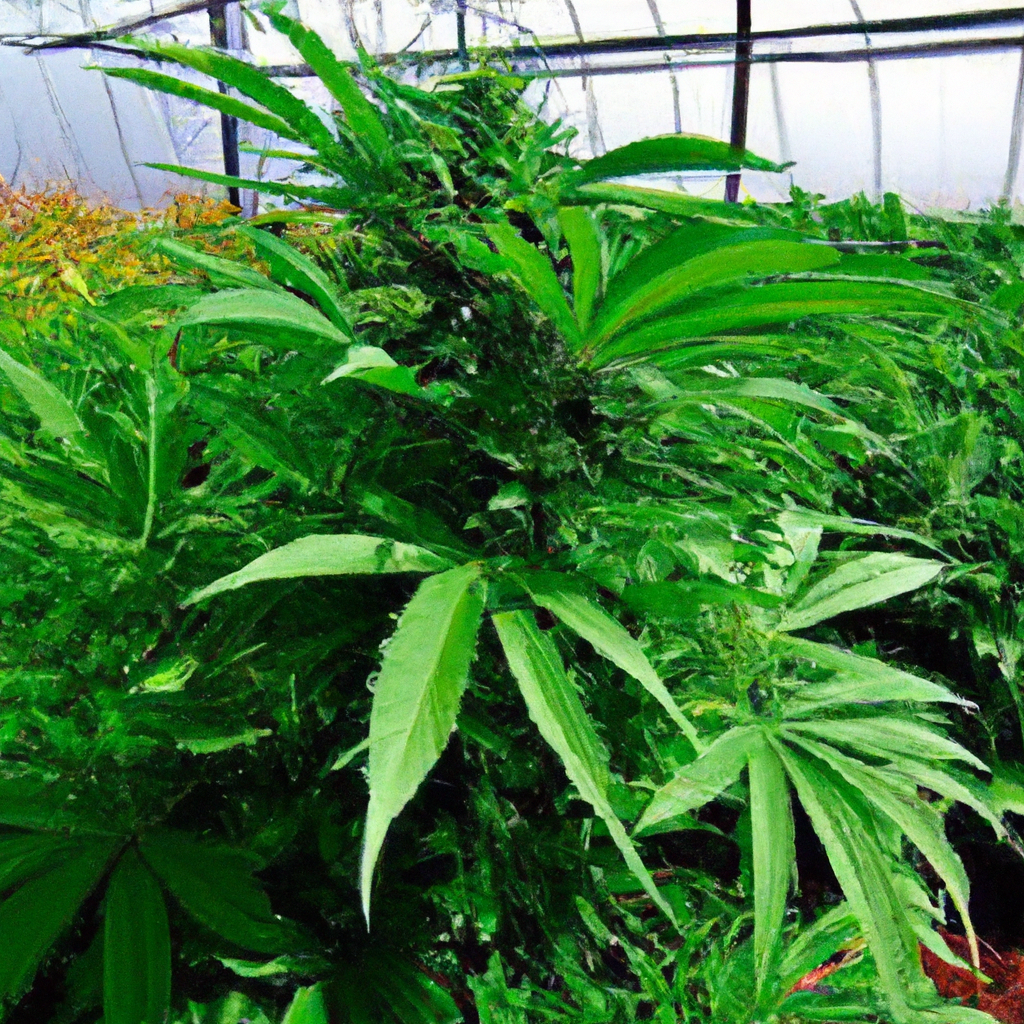
Harnessing natural wind techniques can significantly improve cannabis cultivation by strengthening plant structure and reducing mold risks without relying on technology-heavy solutions. Strategic plant placement and the use of natural barriers like hedges can optimize wind exposure, enhancing plant resilience and minimizing pest issues. Techniques such as low-stress training mimic wind effects to promote robust…
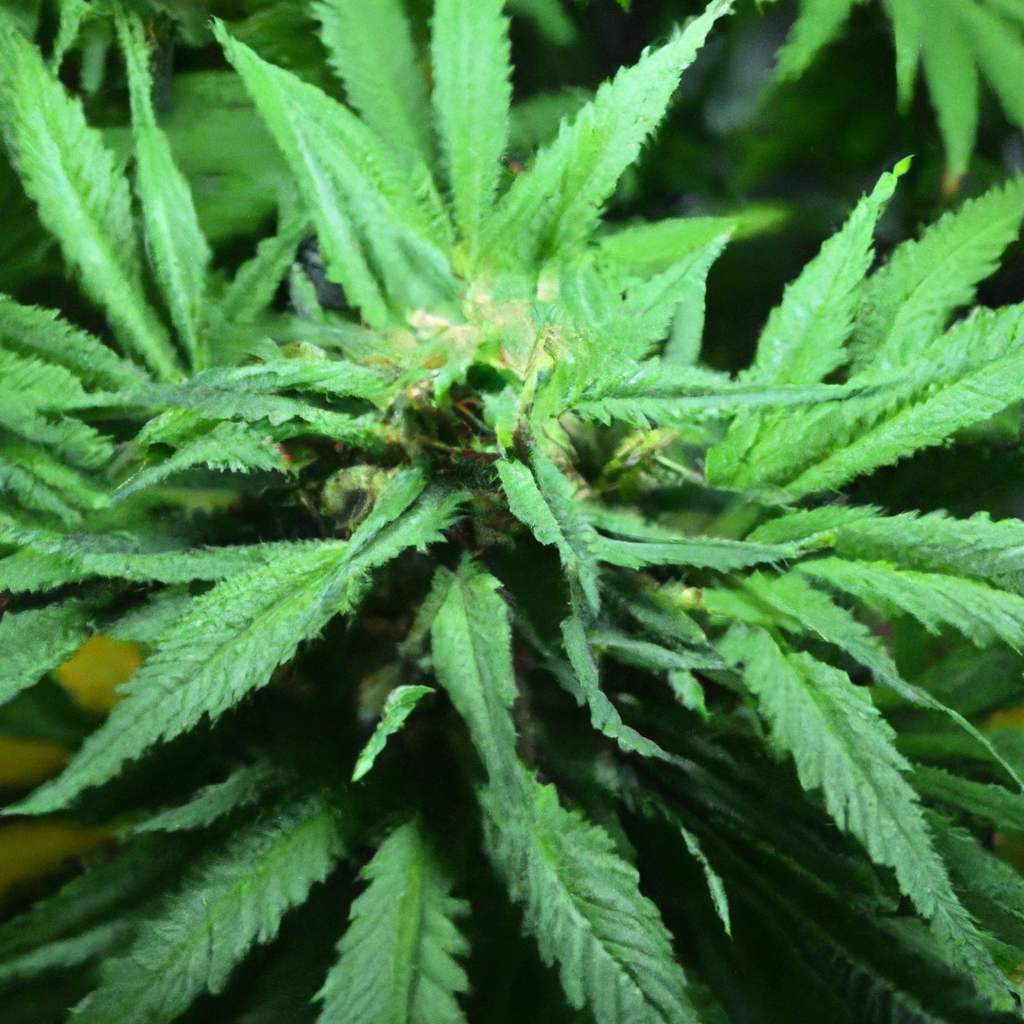
Cannabis cultivation thrives through the art of symbiotic relationships, enhancing growth, yield, and resilience. By leveraging mutual benefits between cannabis plants and organisms like fungi, bacteria, and companion plants, cultivators can improve nutrient uptake, pest control, and disease resistance while reducing chemical inputs. Key practices include utilizing mycorrhizal fungi, introducing beneficial insects, and companion planting,…
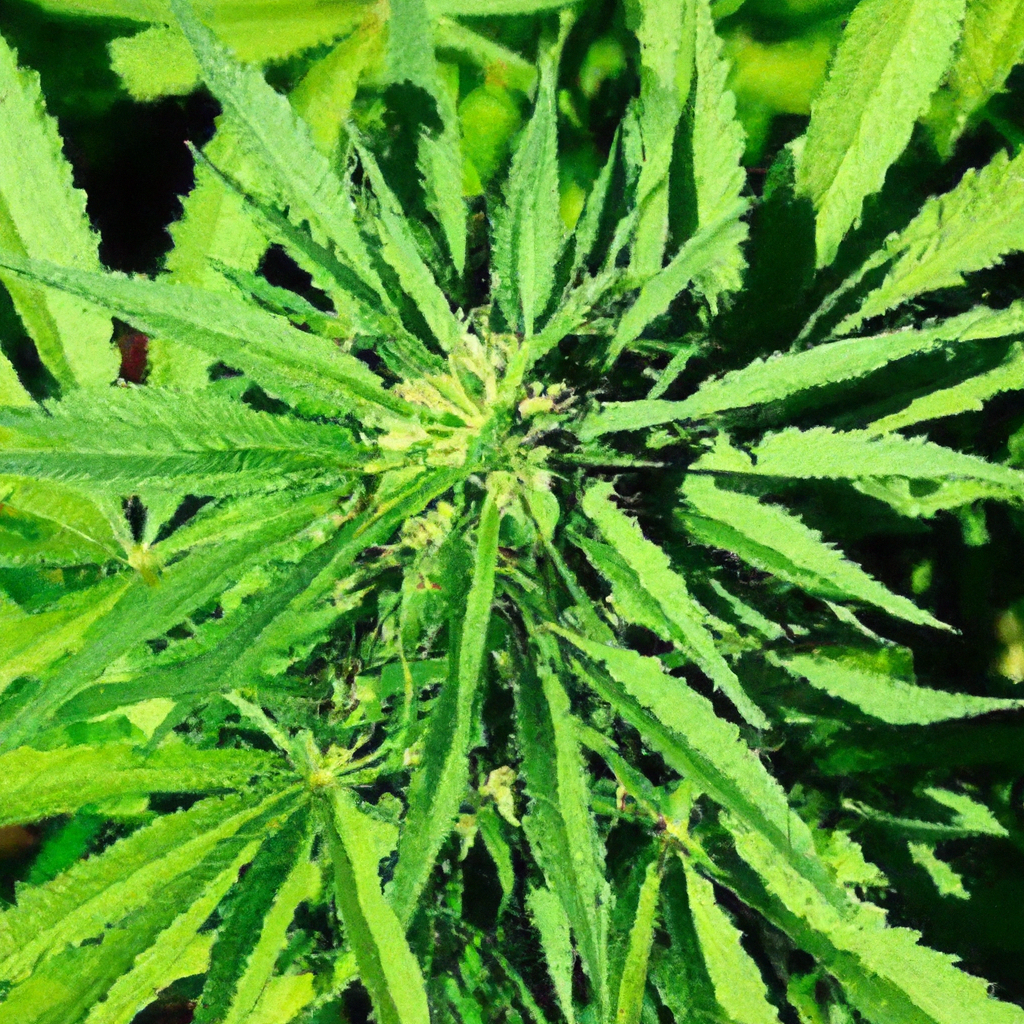
Organic cannabis cultivation is gaining popularity for its environmental and product quality benefits. This method emphasizes sustainable practices like enriching soil with organic matter, using natural fertilizers such as bone meal and seaweed extract, and implementing pest control strategies like companion planting and neem oil. These techniques enhance ecosystem health and produce a safer, more…
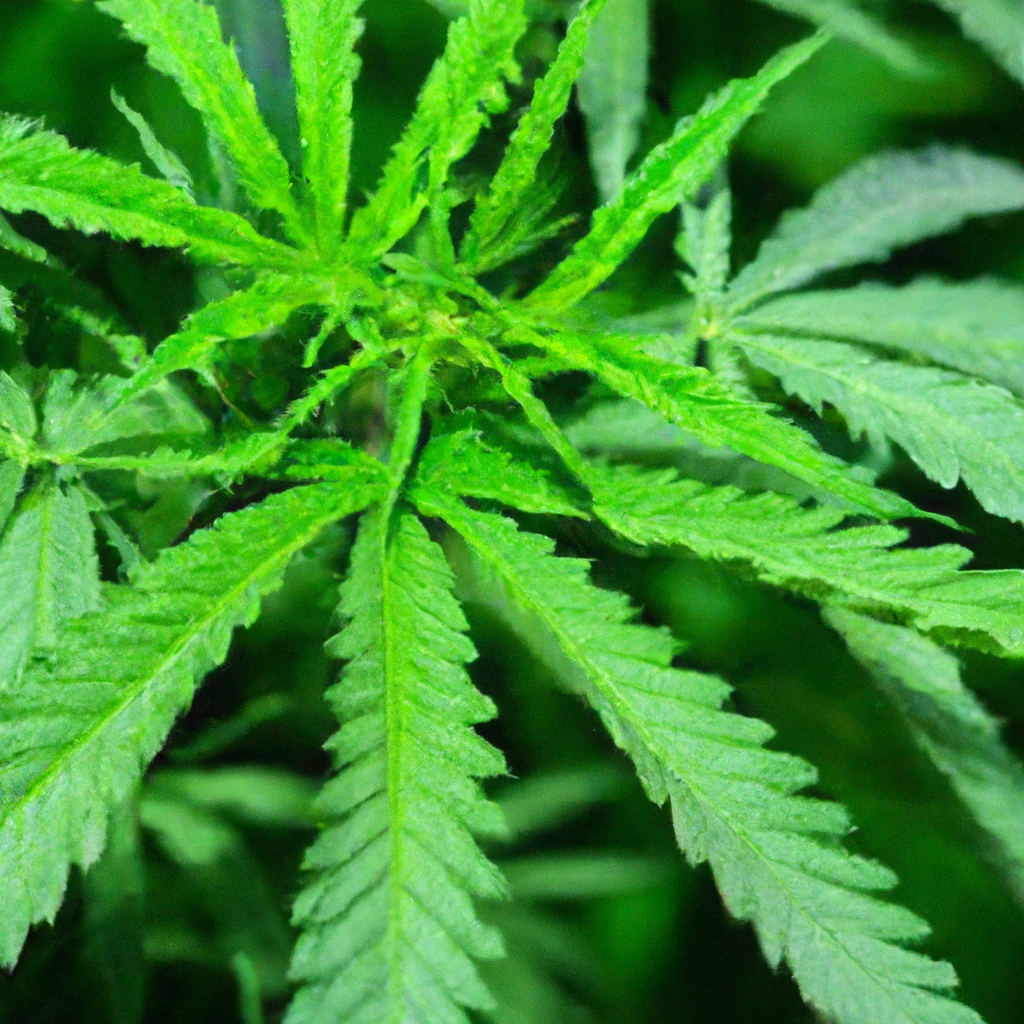
Organic cannabis cultivation is an eco-friendly approach that enhances both quality and sustainability, making it a popular choice among growers. This guide outlines the fundamentals of organic growing, such as maintaining soil health with compost, using natural fertilizers like bat guano, and adopting integrated pest management strategies. Beginners can learn to create optimal growing conditions…
Organic cannabis cultivation emphasizes sustainability by avoiding synthetic chemicals, resulting in eco-friendly, high-quality cannabis. Key practices include building healthy soil through compost and natural fertilizers, promoting beneficial microbes, and using organic pest control methods like companion planting and beneficial insects. Sustainable practices such as crop rotation, water conservation, and carbon sequestration are also crucial. This…
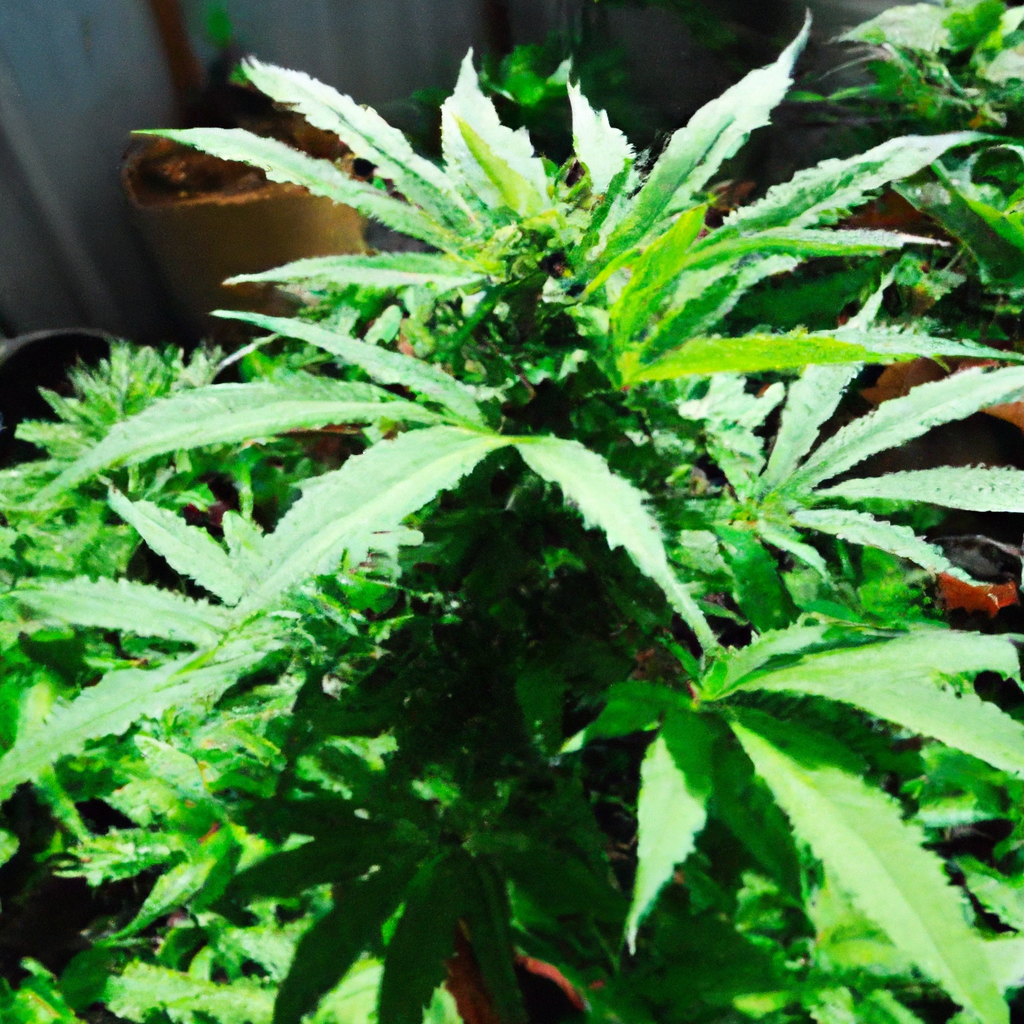
Harnessing natural sunlight in cannabis cultivation offers an eco-friendly and cost-effective way to enhance plant health and cannabinoid production. This method leverages sunlight’s full light spectrum for robust growth, richer terpene profiles, and increased THC and CBD levels. Key strategies include maximizing sunlight exposure through plant placement and reflective surfaces, and adapting to seasonal changes…
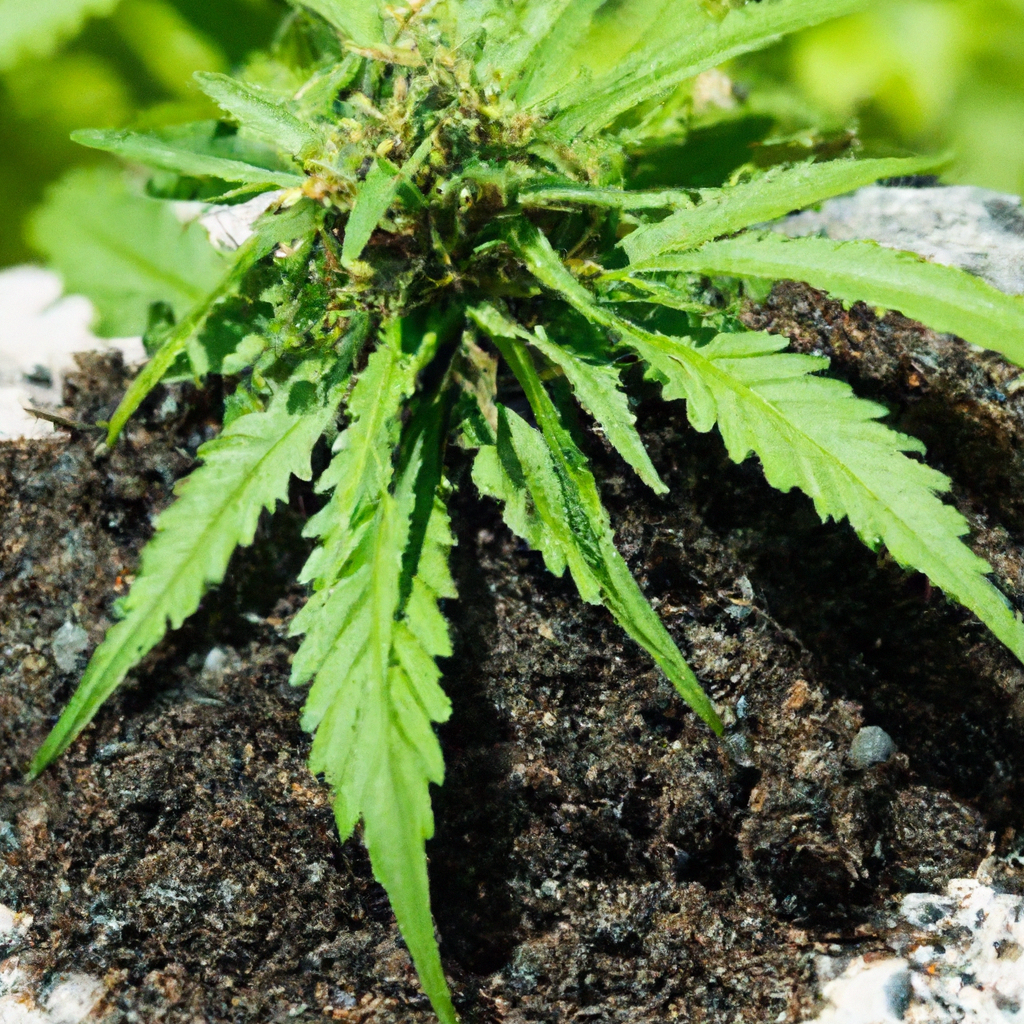
Organic cannabis cultivation provides a sustainable, environmentally friendly approach to growing high-quality cannabis. This guide details how to nurture a robust soil ecosystem using compost, beneficial microbes, and crop rotation. It highlights natural fertilizers like fish emulsion, bokashi, and bone meal to promote growth and eco-friendly pest control methods, including companion planting and neem oil.…
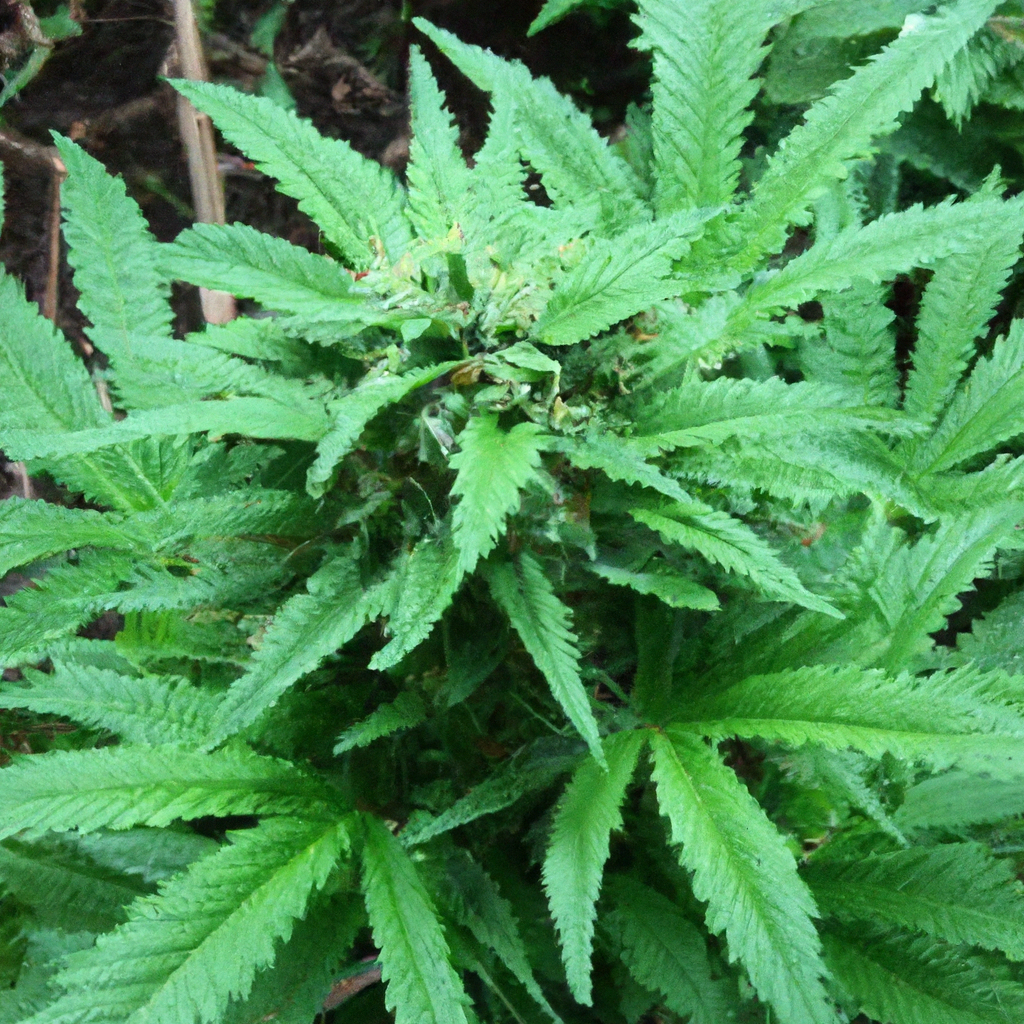
Organic cannabis cultivation is gaining popularity among growers for its sustainability and natural benefits. This method enhances plant health and supports environmental well-being by nurturing robust soil ecosystems rich in beneficial microbes and organic matter. Techniques such as composting, crop rotation, and mulching improve soil quality, while natural fertilizers like comfrey tea and fish emulsion…
